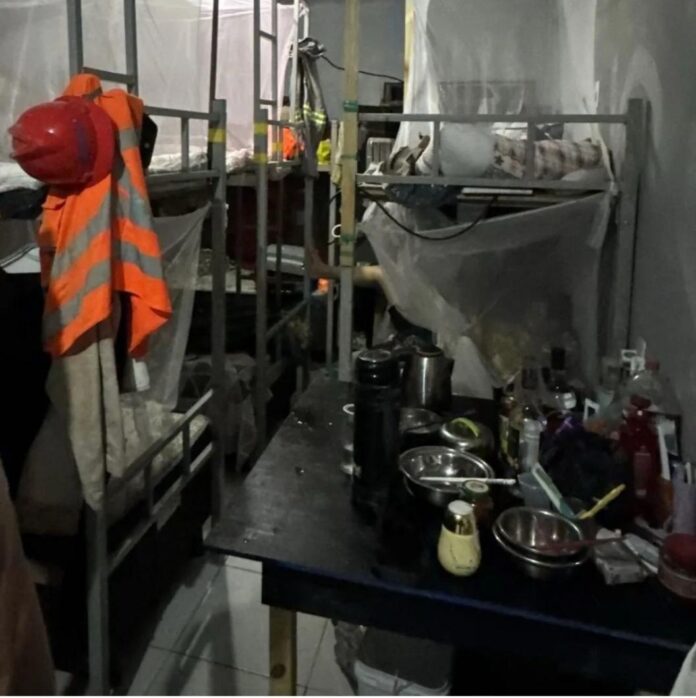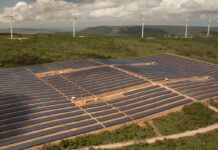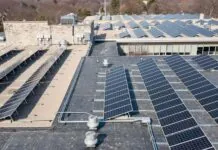
Allegations of slave labor continue to haunt Brazil, raising serious questions about labor practices and corporate accountability.
Following the recent charges against BYD for exploiting workers at its construction site in Bahia, many are left wondering how these violations persist and what measures are being taken to address them.
What Happened at the BYD Construction Site?
Authorities in Brazil uncovered that 163 Chinese workers at a BYD electric vehicle factory construction site in Camaçari, Bahia, were subjected to conditions described as akin to modern slavery. These workers endured grueling hours, unsafe living conditions, and had their passports confiscated. Many were forced into debt bondage, unable to leave the site.
#FirstpostAmerica: Authorities in Brazil have halted the construction of a factory for the Chinese electric vehicle giant, Build Your Dreams (BYD). Officials rescued more than 160 Chinese nationals living in the factory in “slave-like” conditions. @EKH2016 tells you more. pic.twitter.com/uZtR675dZT
— Firstpost (@firstpost) December 25, 2024
BYD terminated its contract with the construction company responsible, Jinjiang Construction Brazil Ltda, and moved the affected workers to hotels. The company has stated that it adheres to Brazilian labor laws and respects human rights.
Brazilian authorities halted the construction of BYD’s new electric vehicle facility after workers were found living in conditions that resembled “slavery.” As a result, BYD severed ties with the construction business firm.@ShivanChanana brings you this report pic.twitter.com/RJVSwTtnXc
— WION (@WIONews) December 25, 2024
How Does This Compare to Volkswagen’s Scandal?
The charges against BYD come shortly after Volkswagen faced allegations of exploiting workers on its ranch in Pará during the 1970s and 1980s. While Volkswagen’s case is decades old, the nature of the abuses—forced labor, debt bondage, and psychological control—echoes the modern violations uncovered at BYD’s site.
Volkswagen denied the allegations but faces a $27.5 million lawsuit for damages. Both cases reflect a troubling pattern of labor rights violations linked to large corporations operating in Brazil.
Why Do These Violations Keep Happening?
Experts cite systemic failures in oversight and enforcement of labor laws in Brazil. Despite strong labor protections on paper, the implementation often falls short due to corruption, lack of resources, and limited inspections.
Additionally, economic pressures to attract foreign investments can lead to relaxed scrutiny of multinational companies. The result is a cycle where vulnerable workers, including migrants, are exploited in the pursuit of profit.
What Are Authorities Doing About It?
Brazilian prosecutors have taken action. Construction activities were suspended, and an investigation is underway. Authorities plan to hold a public hearing to ensure accountability and prevent further abuses.
However, critics argue that more proactive measures are needed to prevent these situations rather than addressing them after they happen.
What Needs to Change?
Advocates for workers’ rights call for stricter enforcement of labor laws, better resources for inspections, and harsher penalties for companies found violating worker protections.
Transparency in supply chains and corporate accountability must become non-negotiable standards.
















